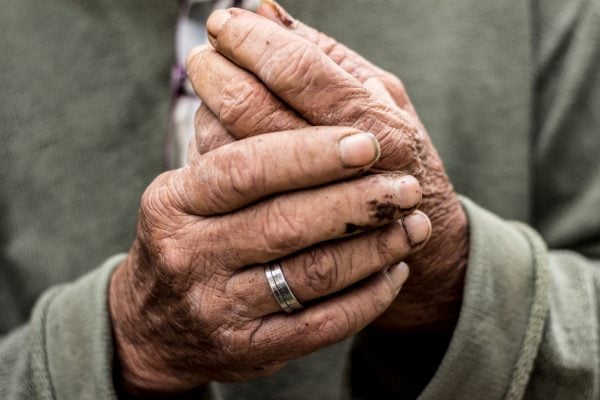Being responsible for the care of an ageing parent is not something that most of us envision happening.
When my beloved mum passed away four years ago, it was like everything we’d known was thrown up in the air and dad and I were tossed around helplessly, waiting to see where we fell. When we landed months later battered and bruised, our roles were forever reversed.
‘Don’t treat me like an idiot,’ my dad said to me recently. And he was right. He may be ninety but just because he needs help and care, he is still as smart as a whip. It’s one of many things I’ve had to learn.
I have always admired my father – for his strength, intellect and humour, for his strong family values.
I am in awe of how he has led his life, what he achieved, of how he bought his young family to a new country to give us a better life. Of his devotion to his wife of sixty-one years.
Our relationship is very different now.
He has struggled to adjust to being the one who needs support rather than the one who gives it. It is not always harmonious. I nag too much; he can be stubborn!


Top Comments
Hi Alison - deeply moving, had me in tears and laughter today. So much truth, honesty and beauty in your words of wisdom as a carer and the words of your father and I'm sure this will reasonate with many MM readers. They did with me. You're a truly amazing daughter. I would love to see more of your writing on MM. Suzi x
Beautifully written. What a lovely soul you are, Alison. Bless you both.